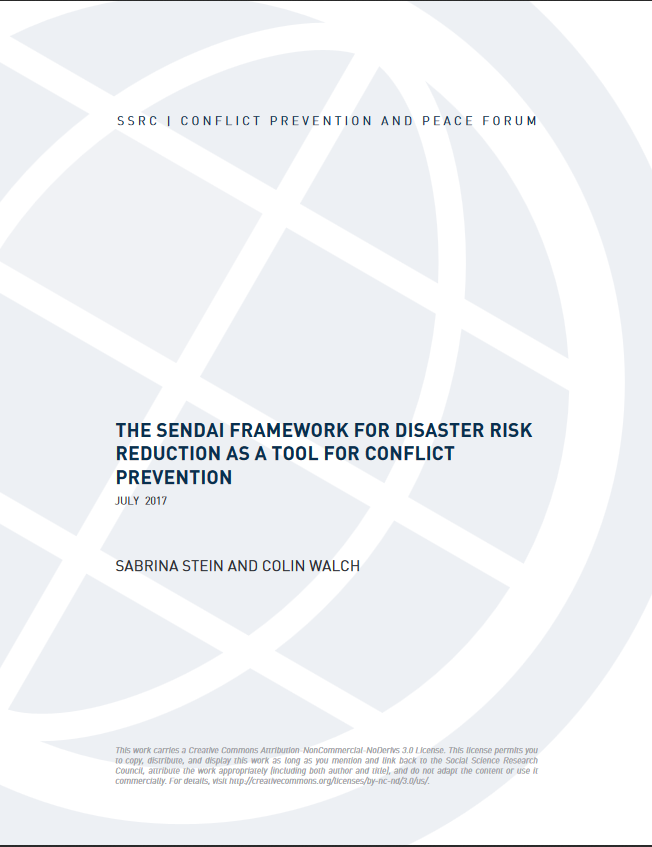Los efectos del COVID-19 en el abastecimiento de alimentos: un primer análisis
En el informe N°2 de Rimisp - Centro Latinoamericano para el Desarrollo Rural, sobre los efectos del coronavirus en América Latina, los investigadoras Germán Escobar, Ángela Penagos, Miguel Albacete y Daniela García profundizan en el abastecimiento de alimentos durante la pandemia, como punto importante a tratar.







